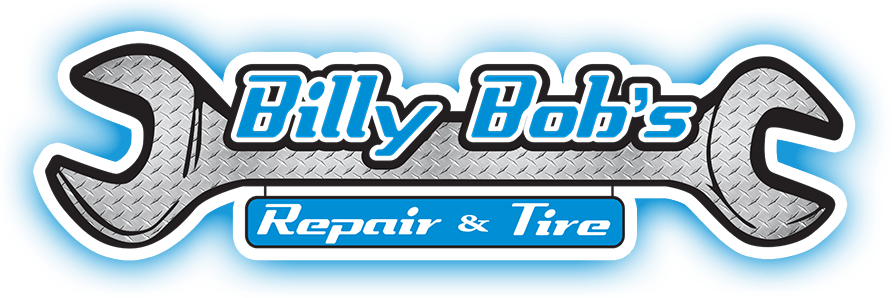Tips for Proper Heavy Equipment Maintenance Between Uses
Heavy equipment is the backbone of numerous industries, contributing significantly to construction, mining, agriculture, and more. To ensure the longevity and optimal performance of these expensive machines, regular maintenance is crucial. While routine checks are essential, it's equally vital to pay attention to equipment that sits idle between uses. At Billy Bob’s Repair and Tire, we can help you maintain heavy equipment during periods of inactivity, helping you preserve your investment and avoid costly repairs. Here’s our tips for maintaining construction equipment between jobs.
Keep it Clean
Keeping your heavy equipment clean is more than just aesthetics; it's about preventing corrosion and damage. Dirt, grime, and moisture can wreak havoc on metal surfaces, leading to rust and deterioration. Before storing equipment, thoroughly clean it.
Lubricate Moving Parts
Lubrication plays a crucial role in preventing friction and wear in heavy equipment. Before storage, apply a high-quality lubricant to all moving parts, including joints, hinges, and pivot points. This will create a protective barrier against corrosion.
Inspect and Repair
Conduct a comprehensive pre-storage inspection to identify any existing issues or potential areas of concern. Address any problems promptly to prevent them from worsening during periods of inactivity. Checking for leaks, loose bolts, and damaged components can save you time and money in the long run.
Fluid Management
Fluids are the lifeblood of heavy equipment. Ensure that all fluids, including hydraulic fluids, engine oil, and coolant, are at the recommended levels before and after use. Additionally, use high-quality fluids and change them according to the manufacturer's guidelines. Storing equipment with clean and adequate fluids reduces the risk of mechanical issues.
Protect from the Elements
If possible, store heavy equipment in a covered area to shield it from the elements. Exposure to harsh weather conditions like rain, snow, and direct sunlight can accelerate wear and tear.
Documentation and Record-Keeping
Maintain detailed records of all maintenance activities and inspections. This information can serve as a valuable reference point, helping you track the equipment's history and identify patterns of wear or recurring issues. Regularly review these records to inform future maintenance schedules.
Routine maintenance between heavy equipment uses is essential for maximizing the reliability and efficiency of your machinery. By incorporating these tips into your routine, you can minimize the risk of unexpected breakdowns and ensure that your heavy equipment is always ready for action when you need it. If you need assistance with heavy equipment maintenance in Austin or San Antonio, reach out to Bill Bob’s Repair & Tire. Our construction equipment mechanics offer
mobile maintenance services
for all types of vehicles. Give us a call at the location nearest you to learn more about our services or to request an appointment.





